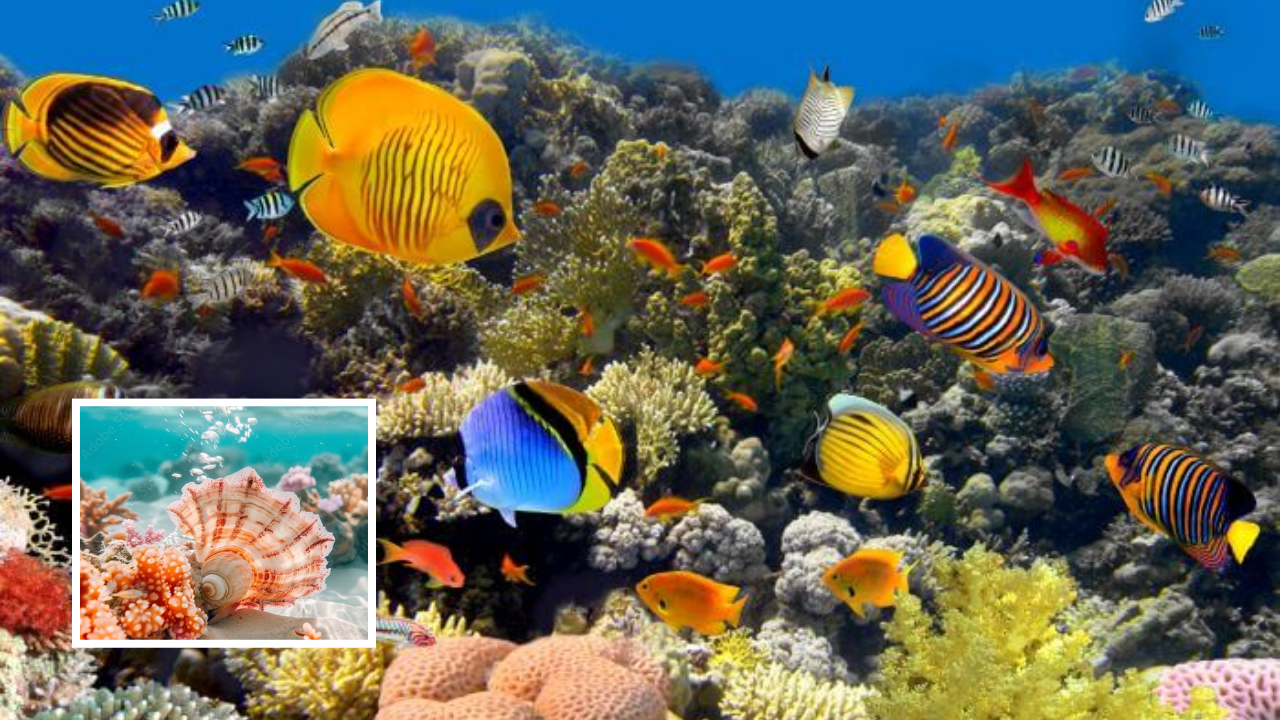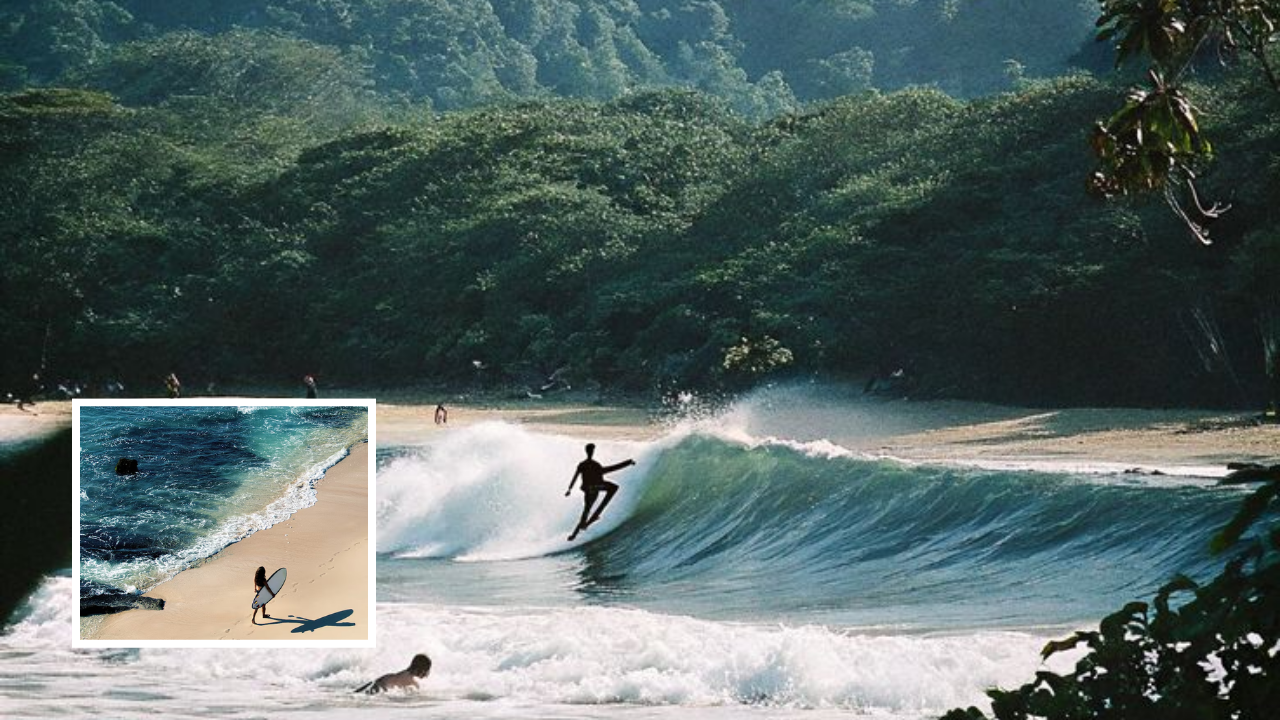Surfing is a thrilling way to experience the ocean, but with the growing popularity of the sport, there’s an increasing need for reef-safe surf tourism practices. The delicate balance of coral reef ecosystems can be easily disturbed by unsustainable surf tourism, but with the right practices, surfers can help protect these vital marine environments while still enjoying the waves.
What is Reef-Safe Surf Tourism?
Reef-safe surf tourism is a form of travel that focuses on minimizing the environmental impact on coral reefs while engaging in surfing activities. By choosing eco surfing destinations and practicing responsible behavior, surfers can enjoy the sport they love while preserving marine ecosystems for future generations.
These practices are designed to protect coral reefs from the harmful effects of over-tourism, pollution, and climate change. Reef-safe tourism efforts ensure that surf spots remain pristine and that marine life thrives.

Why is Reef-Safe Surf Tourism Important?
Coral reefs are some of the most diverse ecosystems on the planet, but they are also among the most vulnerable. Unsustainable surf tourism practices can damage coral reefs, disrupt marine habitats, and contribute to pollution in the ocean. By adopting reef-safe tourism practices, surfers play a crucial role in safeguarding these ecosystems.

Top Reef-Safe Surf Tourism Practices
Here are some practices to ensure your surfing experience is reef-friendly:
- Choose Eco-Conscious Surf Spots:
Opt for surf destinations that prioritize coral reef protection. Many surf spots are now certified as sustainable or eco-friendly, meaning they implement measures to minimize their impact on the local marine environment. - Use Reef-Safe Sunscreen:
Traditional sunscreens contain chemicals that are harmful to coral reefs. Choose reef-safe sunscreen to protect both your skin and the marine environment. - Avoid Touching the Coral:
When surfing in reef areas, avoid touching or standing on the coral. This can damage the reef and disturb marine life. Stay above the reef to minimize your impact. - Support Eco-Friendly Surf Tourism Operators:
Choose surf tour operators and surf camps that emphasize sustainability and contribute to reef protection efforts. These companies are committed to reducing their environmental footprint and supporting local conservation projects. - Respect Local Communities:
Engaging in reef-safe surf tourism also means respecting the communities and cultures around surf spots. Support local initiatives that aim to protect both the reef and the livelihood of local populations.

Reef-Safe Surf Tourism Destinations
Here are some top surf spots known for their commitment to protecting coral reefs:
- Mentawai Islands, Indonesia: A remote surfing destination that is not only known for its world-class waves but also its eco-conscious surf camps and reef protection efforts.
- Maldives: The Maldives offers reef-safe surf tourism with sustainable resorts and surfing experiences focused on environmental conservation.
- Hawaii, USA: Famous for its pristine reefs, Hawaii is home to several eco-friendly surf companies and sustainable tourism practices that protect local marine life.

Conclusion: Surfing with a Purpose
By choosing reef-safe surf tourism, surfers can enjoy their passion while minimizing their environmental impact. Sustainable surf tourism not only preserves coral ecosystems but also supports local communities and conservation efforts. As more surfers make eco-conscious decisions, the sport can thrive in harmony with the planet.
So, the next time you paddle out, choose to surf sustainably, protect coral reefs, and be part of the growing movement for responsible surf tourism.
Start planning your next reef-safe surf tourism adventure today and contribute to ocean conservation!









